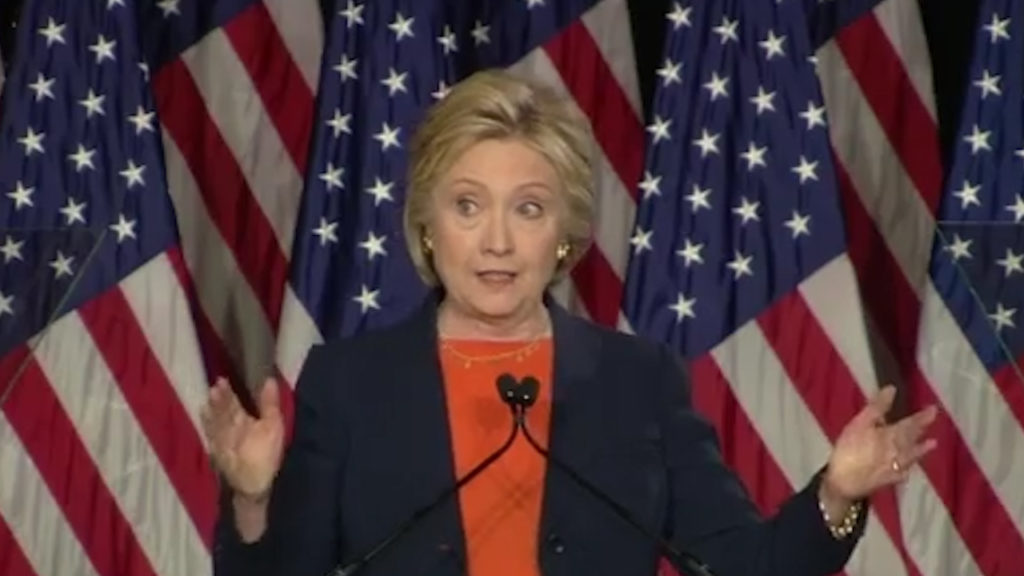“This is the year of jubilee/Send them angels down/The Lord has come to set us free.”
The words of the Negro spiritual are celebratory, but the truth of them is in the title: “My Way’s Cloudy.”
A long struggle was ahead. Many who sang it would never know freedom.
Emancipation launched a century of recriminations and malevolent machinations. The Voting Rights Act? It would be resisted with fury. And the oppression would continue. And it continues, even when the Supreme Court chief justice pronounces this to be a post-racial time.
These civil rights dynamics came to my mind when Hillary Clinton stepped on the stage as the presumptive Democratic nominee, the first female in U.S. history so poised.
As she pointed out, the year her mother was born was the year Congress passed the 19th Amendment giving women the vote.
Since then women have led Israel, India, Pakistan, Great Britain South Korea and a host of countries. The United States is as far behind on gender equality as Cuba is on automotive technology.
Evidence? The front-runner for the Republican nomination didn’t hurt himself at all when he launched insults employing a female debate moderator’s anatomy. They were his best rejoinder to her question about his referring to women as barnyard animals.
The Virginia Slims cigarette slogan of 1968 intoned, “You’ve come a long way, Baby.” Would that it were true in 2016.
The evidence is that it’s not, and don’t expect even the ascendance of a woman to the presidency to be the “jubilee” moment one might conjure.
If anyone presumed the election of our first black president would herald the last rites for racism – well, no. In some corners, particularly the South, Barack Obama’s presidency has proved to be much like the disturbing of a pile of fire ants.
Similarly, were Hillary Clinton to break through the “last glass ceiling,” the view from there would be one of silent oppression – in the workplace, in the board room, in the courtroom.
Consider what happened in the court of Santa Clara (Calif.) County Judge Aaron Persky, who ruled that three months in jail was enough for boyish Stanford swimmer Brock Turner for raping an unconscious co-ed behind a trash receptacle.
Or consider that Baylor University football player Sam Ukwuachu kept practicing after he had his way with a female soccer player. (And after Baylor made a cursory investigation of her claim.) She, on the other hand, had no choice but to transfer.
Recriminations. No one would consider sexual violence a manly response to the equal athletic opportunities mandated in 1972 by Title IX. But the way that young lady was treated would make a young lady wish she opted for homemaking and child-raising, and that she’d dispensed with the big-picture dreams of seekers and strivers.
Those of us who would wish for a better set of priorities sometimes bemoan the fact that the only thing one ever hears about, in regards to higher education, is athletics.
Of late, it seems the only thing one hears about higher education involves sexual assault.
Stanford. Baylor. Tennessee. Kansas State. Brigham Young.
BYU, by review, was the fine institution that expelled a coed who reported she was raped. She was judged to have violated the school’s honor code for having premarital sex. Oh, and this action came as a result of a Title IX investigation.
Recriminations. Once upon a time these things didn’t happen to women because, well, because women couldn’t attend college with men, didn’t have opportunities that placed them so commonly in the paths of privileged predators.
While this form of oppression may not necessarily be in our DNA, it is deeply embedded, much like racism.
As women ascend in power, expect to see even more jet trails of ugliness along the paths they set.
